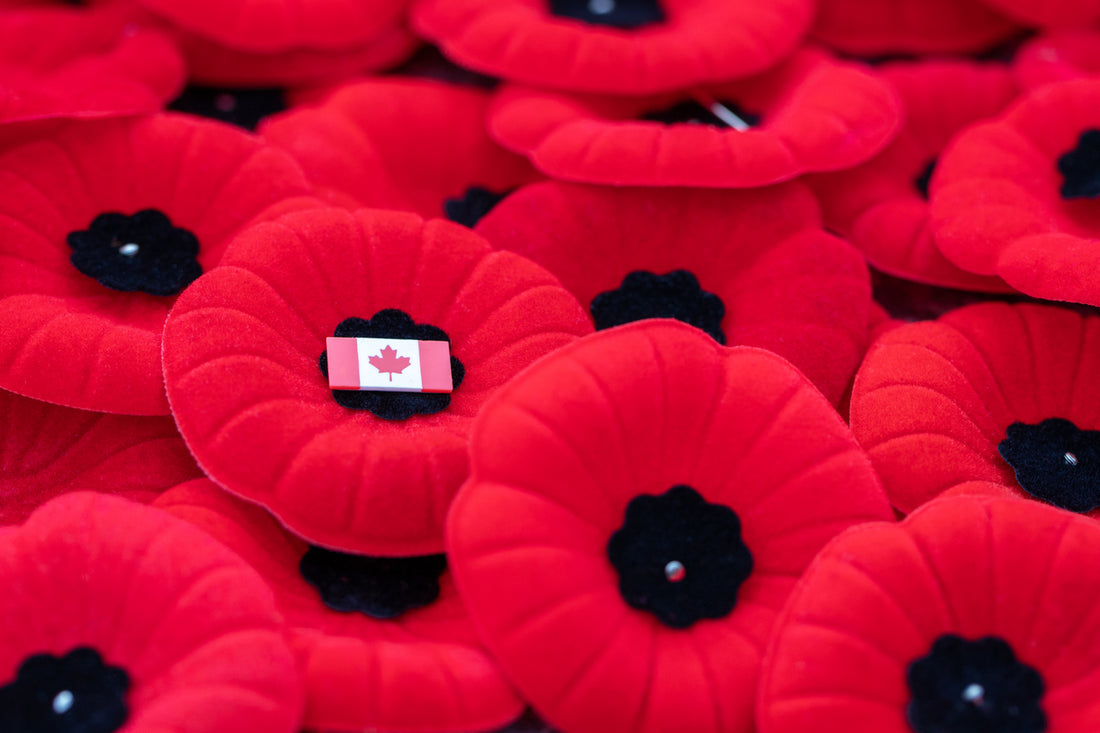
Hidden Army
Dr. Linda HancockFor the past few years, I have had the privilege of working with active military and Veterans from Canada, the United States and the United Kingdom. These individuals have had unique experiences and are part of an interesting but often misunderstood culture.
Imagine what it would be like to make a decision that you would become part of a force where you are required to be physical and mentally at your best in order to stay safe in the most high-risk environments. This would mean that you put the country ahead of family at times and team ahead of self.
There are many positives about serving. Healthy pride, wonderful training, ability to function as a team and having opportunities to see other parts of the world are benefits. But there are also many negative consequences. Battle brings losses – of comrades, psychological functioning and hope. The conditions of war are harsh – fodder for future nightmares and mental struggles.
Many are discharged with hearing loss, tinnitus, flat feet, missing limbs, depression or Post Traumatic Stress Disorder. Sadly, what it takes to be a good soldier doesn’t always fit in with a civilian world. Serving requires the ability to sleep light for short periods of time, eat fast, respond quickly with aggression, deny personal needs while sacrificing for the cause, drive like crazy and follow commands – even if they don’t make sense.
Imagine sleeping, eating, training, and fighting with the same regiment on tours and then living life as a Veteran where there isn’t a team with whom to face challenges.
My clients have told me about the importance of measured distance when on parade or driving combat vehicles. That certainly isn’t what they experience when they arrive home and have to drive in chaos or stand in crowds.
Veterans are not afraid of the public. They are afraid of how they might respond to what we might assume is an innocent gesture by a strange. When someone bumps them in a cashier’s lineup, they might inappropriately respond with the aggression that saved them in war.
I love my Veterans and do everything that I can to teach them how to have one good day because if they learn this, they can then have another and another and another.
We don’t know much about what our Veterans have and continue to experience. We don’t ask and they don’t tell. You see “Big boys (and girls) don’t cry”. They hide their hurts and soldier on.
What most people don’t think about is that even when they are discharged from service, they remember what they have learned. They are trained to protect us and our freedom. They have their guns, but don’t use them inappropriately. They have specialized skills and understand sacrifice. In fact, they are still soldiers who are just fighting their own personal wars and enduring scars of battle.
The next time that you meet a Veteran, remember to thank them for their service. Think about how each of our countries has a hidden army and navy and air force who quietly live among us, ready to continue to protect us if anything occurs that brings threat. They are not just retired individuals – they are highly skilled people who silently watch over us.
Remembrance Day needs to be in our hearts every day of the year.
